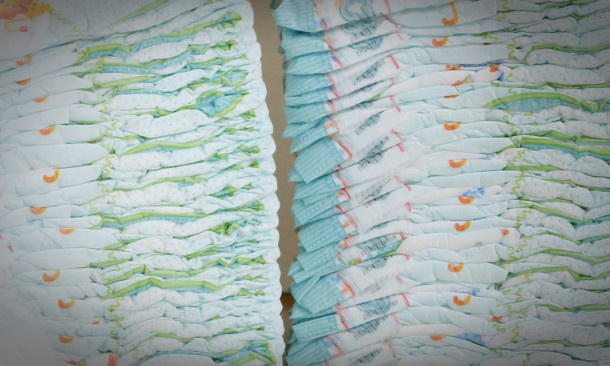Shoplifting has soared by more than 40% in a year in the Glenrothes area and police are linking the increase to welfare reforms.
Police have revealed more and more ordinary people, driven by desperation, are stealing simply to survive.
Officers in the town have seen a particular increase in the theft of nappies and other essentials and said many of the shoplifters were not the type of people they would normally expect to find stealing.
The situation in Glenrothes, outlined in a report by area commander Chief Inspector Derek McEwan, mirrors the picture across Fife where shoplifting has increased by 37% in the last year.
The Courier revealed at the end of August that families in Fife and Tayside were resorting to shoplifting and poaching as spiralling prices made it difficult for many to make ends meet.
Addressing members of Fife Council’s Glenrothes area committee, Mr McEwan said there had been a significant increase in shoplifting across the country.
“In years gone by we could link the vast majority of offenders to some kind of substance misuse,” he said.
“Now it is clear some people are committing theft by shoplifting and claiming they are doing it to survive.”
He added: “We are seeing an increase in the theft of nappies from shops whereas previously that wasn’t an issue.
“Previously it would have been coffee and bacon, things you could sell easily by going door to door.”
Mr McEwan said far more people caught shoplifting were first offenders and there were many more females.
“Historically, there were shoplifting gangs and individuals with heroin problems who were immediately selling what they stole. Now people are consuming what they steal.”
Shocked councillors said they were extremely concerned by the figures and called for more help for desperate families.
Leslie member John Wincott said: “Maybe we should be looking at how foodbanks operate. If people are stealing nappies then maybe we should suggest to foodbanks that they stock nappies as well.”
Recent statistics revealed the use of foodbanks across Scotland is up 400%, with 8,000 more people turning to foodbanks for help compared to the same period last year.
